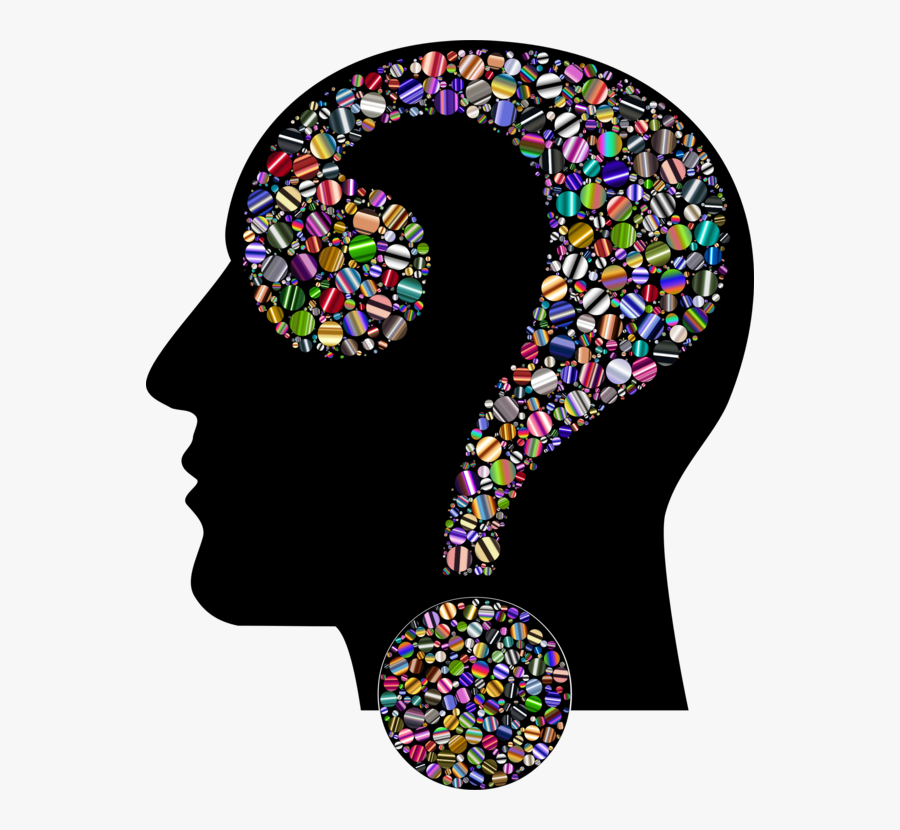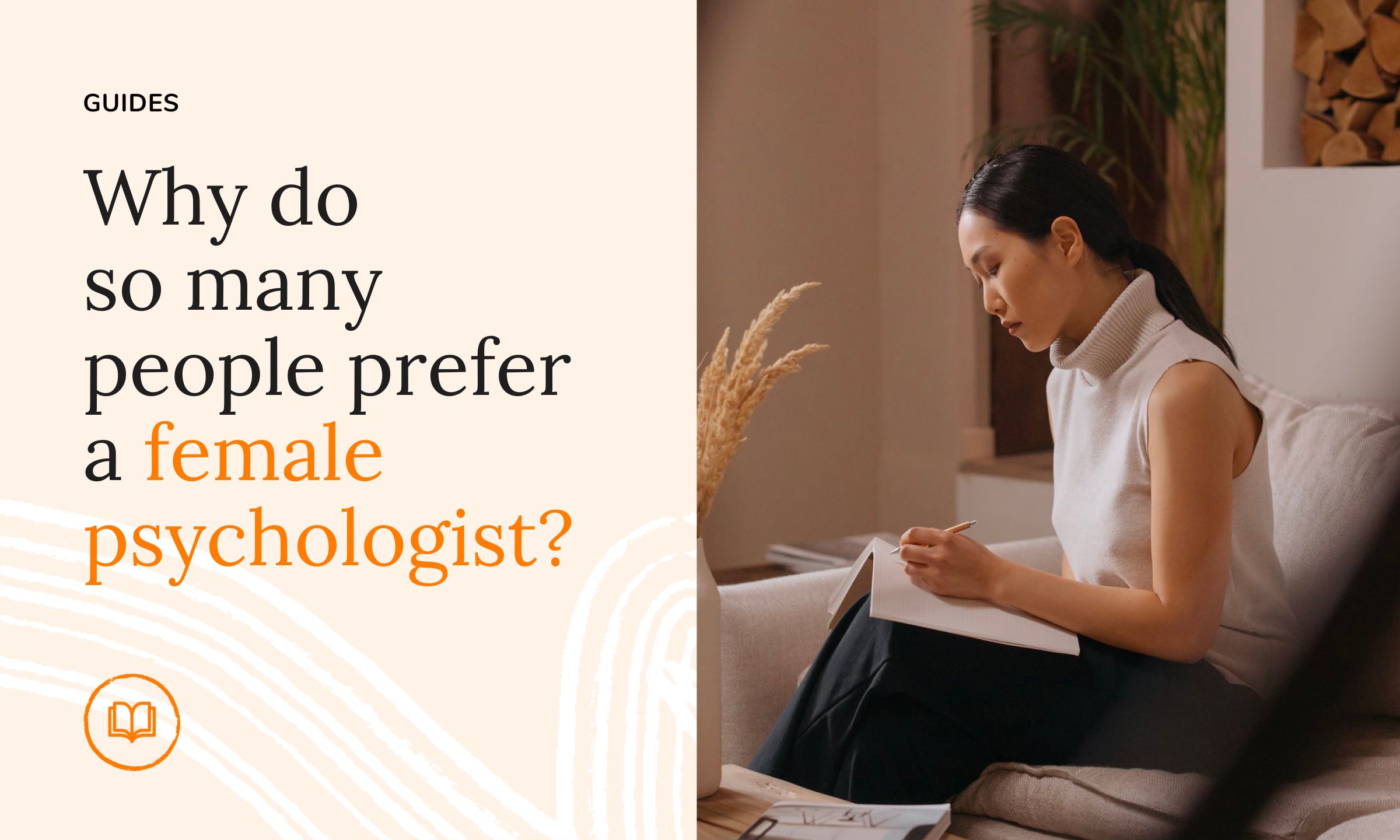Why the Best Psychologist in Delhi Can Transform Your Mental Wellness
Why the Best Psychologist in Delhi Can Transform Your Mental Wellness
Blog Article
The Function of Psych Treatment in Handling Anxiousness and Depression
Psychiatric therapy has become a keystone in the management of stress and anxiety and clinical depression, supplying customized treatments that range from Cognitive-Behavioral Treatment (CBT) to mindfulness-based methods. These strategies not only aid people in identifying and restructuring negative thought patterns but likewise foster present-moment understanding, decreasing the propensity to ruminate. As we check out the numerous dimensions of psychotherapy, it comes to be apparent that these techniques do even more than just alleviate signs; they considerably enhance emotional policy and interpersonal abilities - Best Psychologist in Delhi. What remains to be examined is how these therapeutic approaches can be successfully tailored to satisfy individual demands, thereby optimizing their effect.
Comprehending Anxiousness and Anxiety
Comprehending anxiety and anxiety needs a comprehensive appearance at these common mental wellness problems, which frequently coexist and significantly influence an individual's daily life. Alternatively, anxiety manifests as a prevalent feeling of sadness, emptiness, or pessimism, commonly accompanied by a loss of rate of interest in previously taken pleasure in activities, modifications in cravings, and sleep disruptions.
The coexistence of anxiousness and depression can complicate and worsen symptoms diagnosis and treatment. People enduring from both problems may experience a lot more serious symptoms, better impairment in social and job-related performance, and a much longer period of ailment. This comorbidity necessitates a nuanced understanding and approach to therapy.
Cognitive patterns like negative reasoning and maladaptive actions can continue these conditions. Comprehensive assessment by mental wellness experts is crucial to discern the visibility and level of these problems, leading the way for customized restorative strategies.
Kinds of Psychotherapy
Psychiatric therapy, additionally referred to as talk therapy, includes a selection of therapy techniques made to minimize signs and symptoms of anxiety and anxiety by dealing with the underlying emotional and psychological concerns. Various kinds of psychotherapy are customized to satisfy the unique needs of individuals, offering a series of strategies to mental healthcare.
One extensively used form is psychodynamic therapy, which concentrates on understanding and resolving subconscious problems coming from early life experiences. By exploring these deep-rooted issues, people obtain insight right into their present habits and mood.
Interpersonal Therapy (IPT) is an additional effective technique that focuses on boosting social relationships and function to minimize depressive symptoms. It usually resolves problems such as sorrow, role transitions, and interpersonal disputes.
Humanistic treatments, such as Client-Centered Therapy, stress personal development and self-actualization. Best Psychologist in Delhi. These methods create an encouraging environment where people can explore their feelings and establish a stronger sense of self
Last But Not Least, Dialectical Behavior Modification (DBT) integrates cognitive-behavioral methods with mindfulness methods. Initially developed for borderline personality disorder, DBT has been adjusted to treat stress and anxiety and anxiety by mentor abilities in distress tolerance, emotional guideline, and social effectiveness.
These varied psychotherapeutic strategies provide numerous pathways to psychological health and wellness and well-being, satisfying private choices and therapeutic requirements.
Cognitive-Behavioral Therapy (CBT)
Amongst the various psychotherapeutic modalities, Cognitive-Behavioral Treatment (CBT) attracts attention for its organized, ambitious strategy in treating stress and anxiety and anxiety. Created by Aaron T. Beck in the 1960s, CBT is predicated on the concept that maladaptive reasoning patterns contribute considerably to emotional distress and behavioral issues. By recognizing and reorganizing these unfavorable thought patterns, CBT aims to ease signs and symptoms and foster healthier cognitive processes.
The therapy includes a variety of techniques, including cognitive restructuring, exposure therapy, and behavioral activation. Cognitive restructuring focuses on challenging and customizing altered cognitions, while direct exposure therapy slowly accustoms clients to anxiety-provoking stimulations, reducing avoidance habits.
Empirical proof underscores the efficiency of CBT, with countless researches demonstrating its efficiency in lowering signs of anxiety and depression. This restorative method has been adapted for numerous populations and setups, proving adaptable and versatile. Its structured nature, empirical assistance, and focus on skill procurement make CBT a cornerstone in the psychotherapeutic therapy of anxiousness and anxiety.
Mindfulness-Based Techniques
Mindfulness-Based Methods have actually gathered considerable attention in the last few years as efficient interventions for anxiety and depression. Rooted in old meditation practices, these techniques intend to grow an increased awareness of today moment, which can help find more individuals disengage from the ruminative idea patterns typically associated with anxiousness and depressive disorders.

Likewise, Mindfulness-Based Cognitive Treatment (MBCT) incorporates concepts from Cognitive-Behavioral Treatment (CBT) with mindfulness methods. MBCT is specifically efficient in stopping regression in individuals with persistent clinical depression. By acknowledging very early caution signs of depressive episodes, individuals educated in MBCT can use mindfulness methods to minimize the beginning of full-on episodes.
Advantages of Psychotherapy
Many researches have actually demonstrated the profound advantages of psychotherapy for people grappling with anxiousness and clinical depression. Psychiatric therapy outfits clients with coping techniques to handle stressful feelings, thus lowering signs and symptoms of anxiousness and anxiety.
Moreover, psychiatric therapy provides a structured setting for self-exploration and insight. By discussing their experiences and sensations with a skilled therapist, individuals can reveal underlying issues contributing to their psychological health and wellness struggles. This self-awareness is a crucial step towards long-lasting recovery and resilience.
One more substantial advantage is the improvement of social abilities. Anxiousness and depression often stress relationships, causing seclusion. Through restorative treatments, patients discover reliable interaction and conflict-resolution skills, which can boost their interactions and foster encouraging connections.
Furthermore, psychiatric therapy provides a tailored technique to treatment. Eventually, the benefits of psychotherapy prolong past sign relief, adding to overall well-being and top quality of life.

Conclusion
Psychotherapy significantly adds to the monitoring of stress and anxiety and clinical depression by offering effective coping techniques and a safe and secure atmosphere for self-exploration. Techniques such as Cognitive-Behavioral Therapy (CBT) and mindfulness-based approaches contribute in determining and restructuring negative thought patterns, while promoting present-moment recognition. These tailored interventions not just alleviate symptoms but also improve psychological policy and interpersonal abilities, thereby boosting total well-being and top quality of life for individuals dealing with these mental health and wellness difficulties.
Psychotherapy has actually look at these guys emerged as a foundation in the management of anxiousness and anxiety, offering customized interventions that vary from Cognitive-Behavioral Therapy (CBT) to mindfulness-based methods.Comprehending anxiousness and anxiety needs a comprehensive look at these prevalent psychological wellness problems, which typically coexist and considerably effect a person's day-to-day life.Among the numerous psychotherapeutic methods, Cognitive-Behavioral Therapy (CBT) stands out for its organized, goal-oriented technique in treating anxiousness and anxiety.Various researches have demonstrated the profound benefits of psychotherapy for individuals grappling with anxiousness and anxiety. Psychiatric click this therapy outfits individuals with coping approaches to handle upsetting emotions, thereby minimizing signs of anxiousness and depression.
Report this page